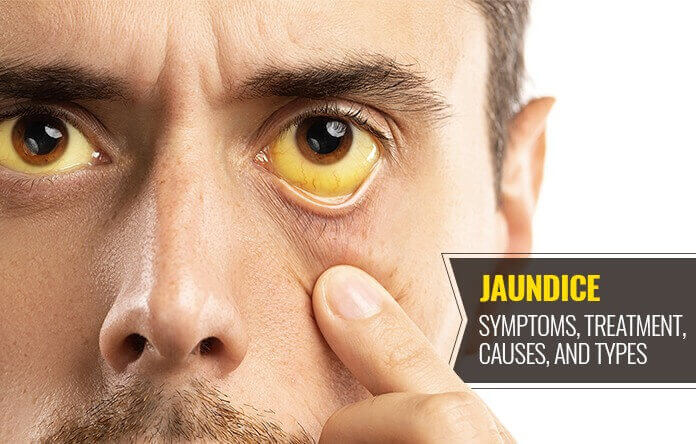Pravin Patole (Transplant Year: 2021)
Treatment : Liver Transplant
Saket Khadakkar (Transplant Year: 2021)
Treatment : Liver Transplant
Pravin Patole (Transplant Year: 2021)
Treatment : Liver Transplant
Saket Khadakkar (Transplant Year: 2021)
Treatment : Liver Transplant
Pravin Patole (Transplant Year: 2021)
Treatment : Liver Transplant
Saket Khadakkar (Transplant Year: 2021)
Treatment : Liver Transplant
Error: Contact form not found.

Jaundice is essentially the accumulation of the bile pigment, bilirubin. This causes yellowish or greenish coloration of the skin. Depending on the symptoms and the causes, jaundice is treated. But, in most cases, it is quite harmless, and jaundice treatment at home is done. Vomiting, fatigue, and fever are bound to result in severe weakness. This is also the reason why a minimum period of 6 months is advised for the recovery from jaundice.
A diet, be it healthy or unhealthy, has an impact on the liver function. It is vital that you understand the importance of maintaining a healthy, balanced diet so as not to upset or damage the liver. This will aid the liver to work efficiently and expel out bilirubin instead of storing it. It is important that you do not put excessive stress on the liver by consuming junk foods, alcohol, saturated fats, oily foods, etc. regularly.
People recovering from jaundice are often advised to lead a healthy lifestyle, which includes maintaining a healthy diet with lots of water intake throughout the day. You must also watch for the signs of recovery from jaundice.
It is advisable to get a personalized dietary plan from a doctor to aid in the recovery of weakness after jaundice. The plans may vary depending on the symptoms, causes, and severity of the medical condition. But, there are certain tips that you can follow for the treatment for jaundice in adults at home.
While there is a wide range of foods and drinks that you can consume to recover from the weakness that jaundice brings, there are also eatables that can get in the way of the recovery. As such, it is important to know about them and avoid them as much as possible. The list given below will help you to steer clear from them.
Following a simple, enriched, and balanced diet will help you to get over the weakness which is brought on by jaundice. It is also vital to ensure that your liver is in good condition. Avoid the excessive consumption of food or drinks that have a negative effect on the liver. It is entirely possible to make a complete recovery and ensure the prevention of jaundice again.

Transplantation is a treatment, not a cure. A kidney is an organ that filters waste from the blood and other fluids, and thereby removes it from the body in the form of urine....
Transplantation is a treatment, not a cure. A kidney is an organ that filters waste from the blood and other fluids, and thereby removes it from the body in the form of urine....